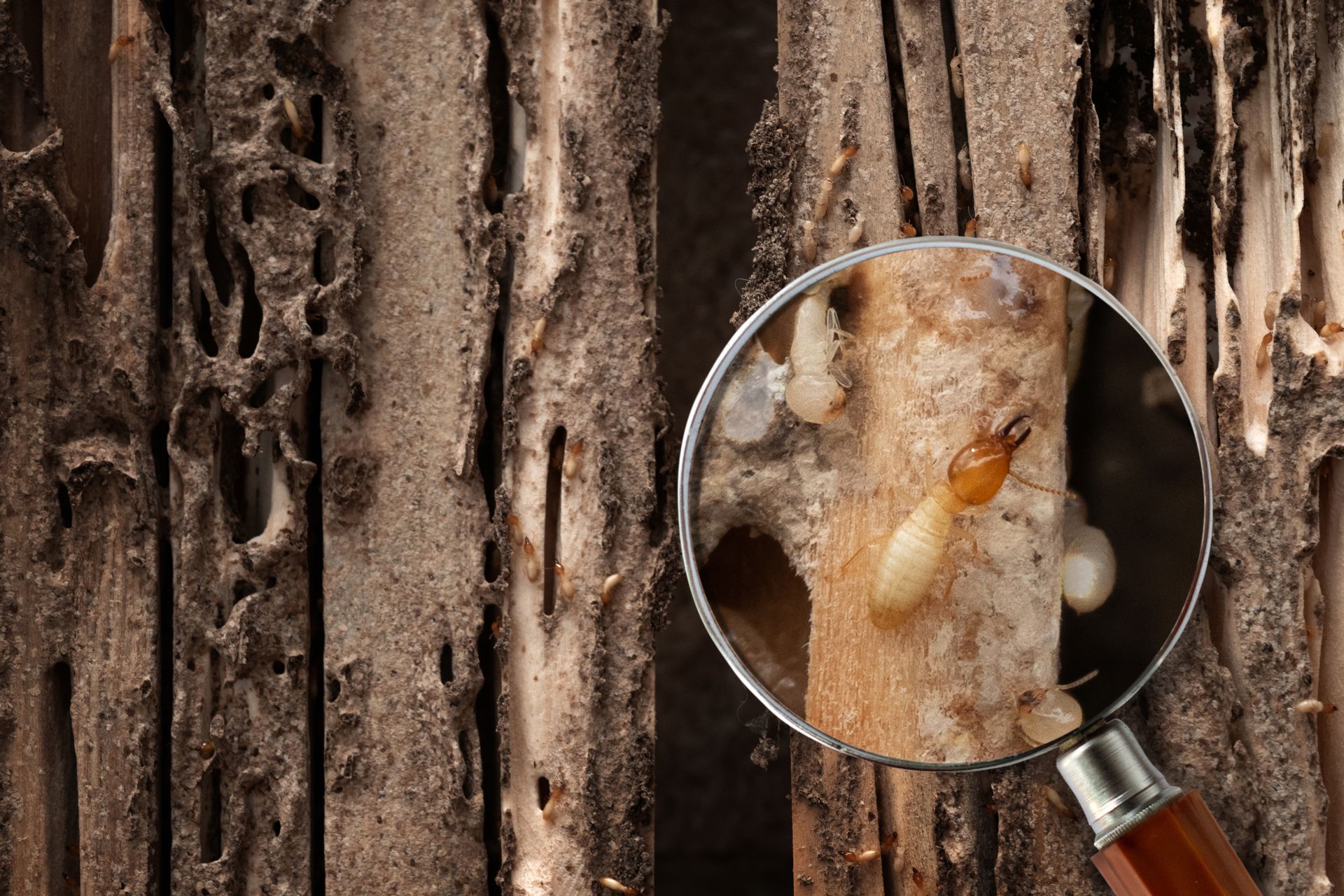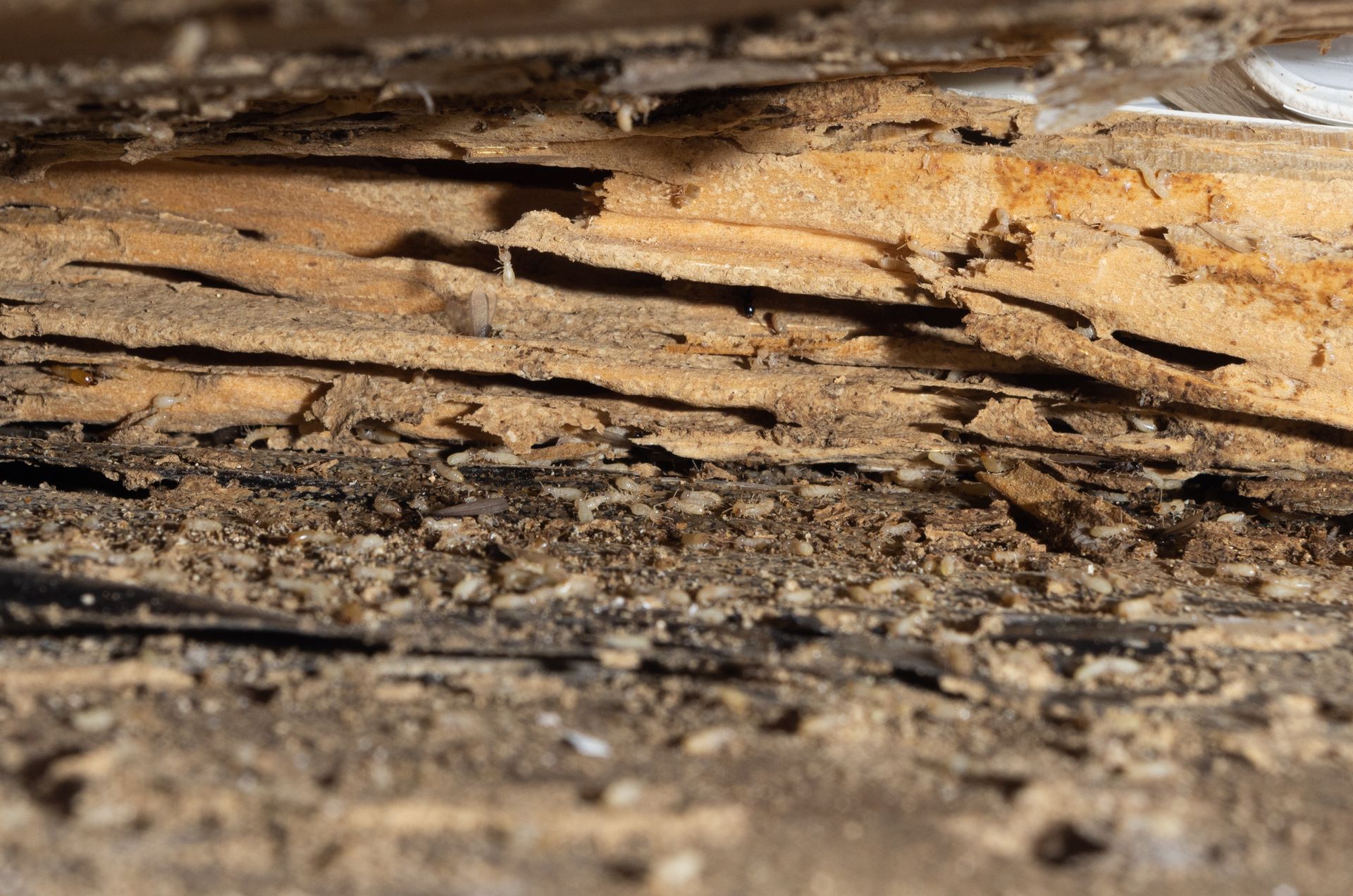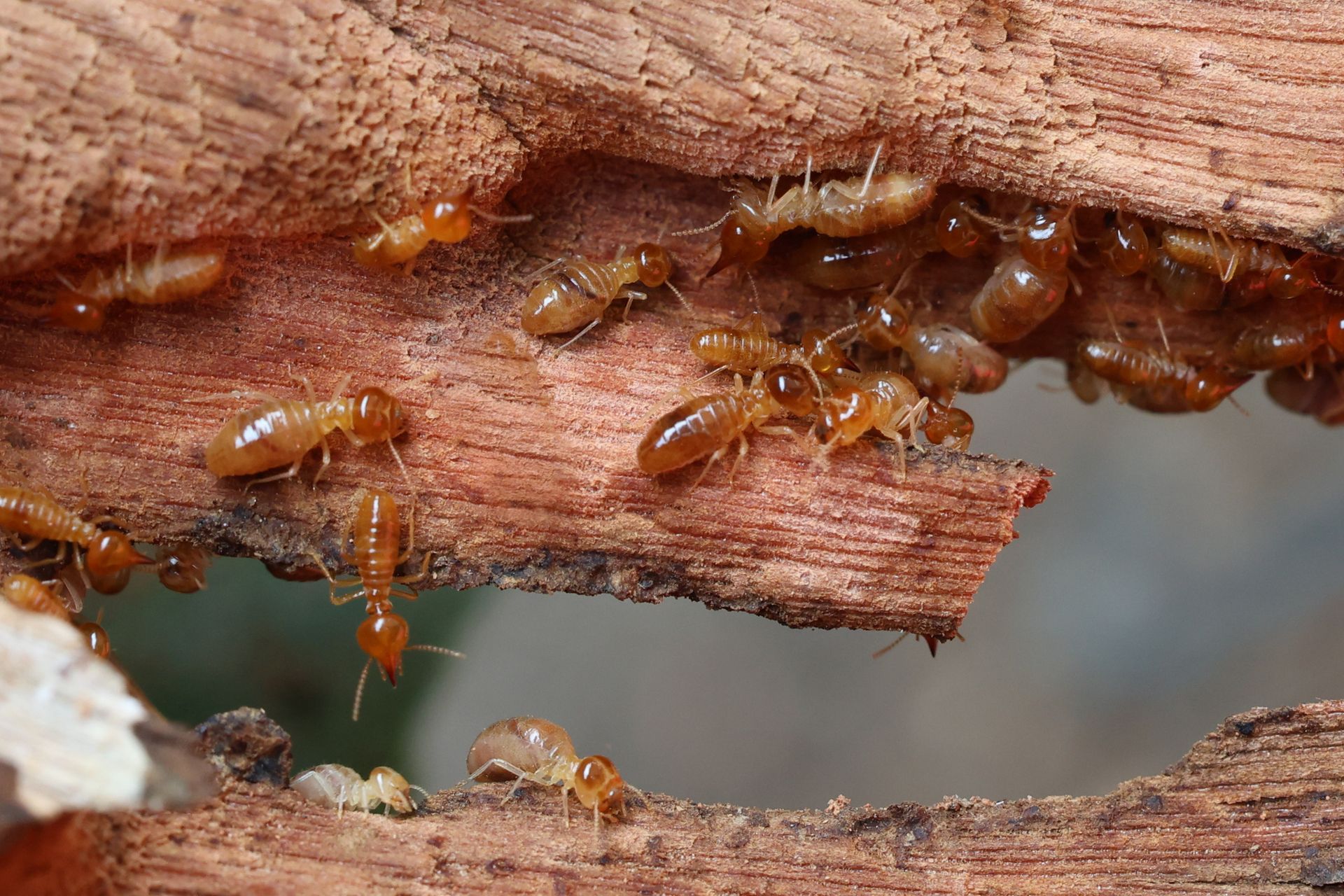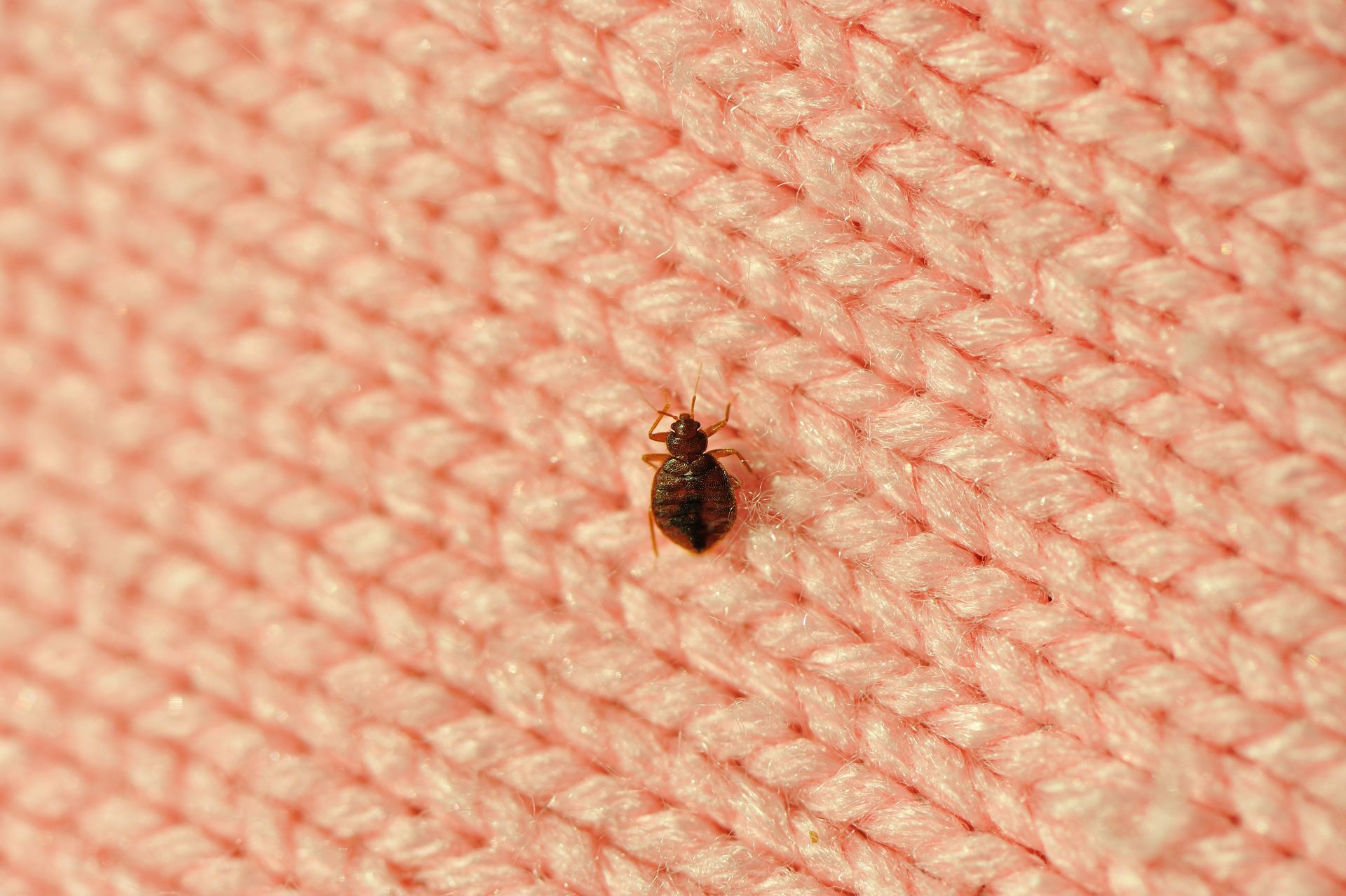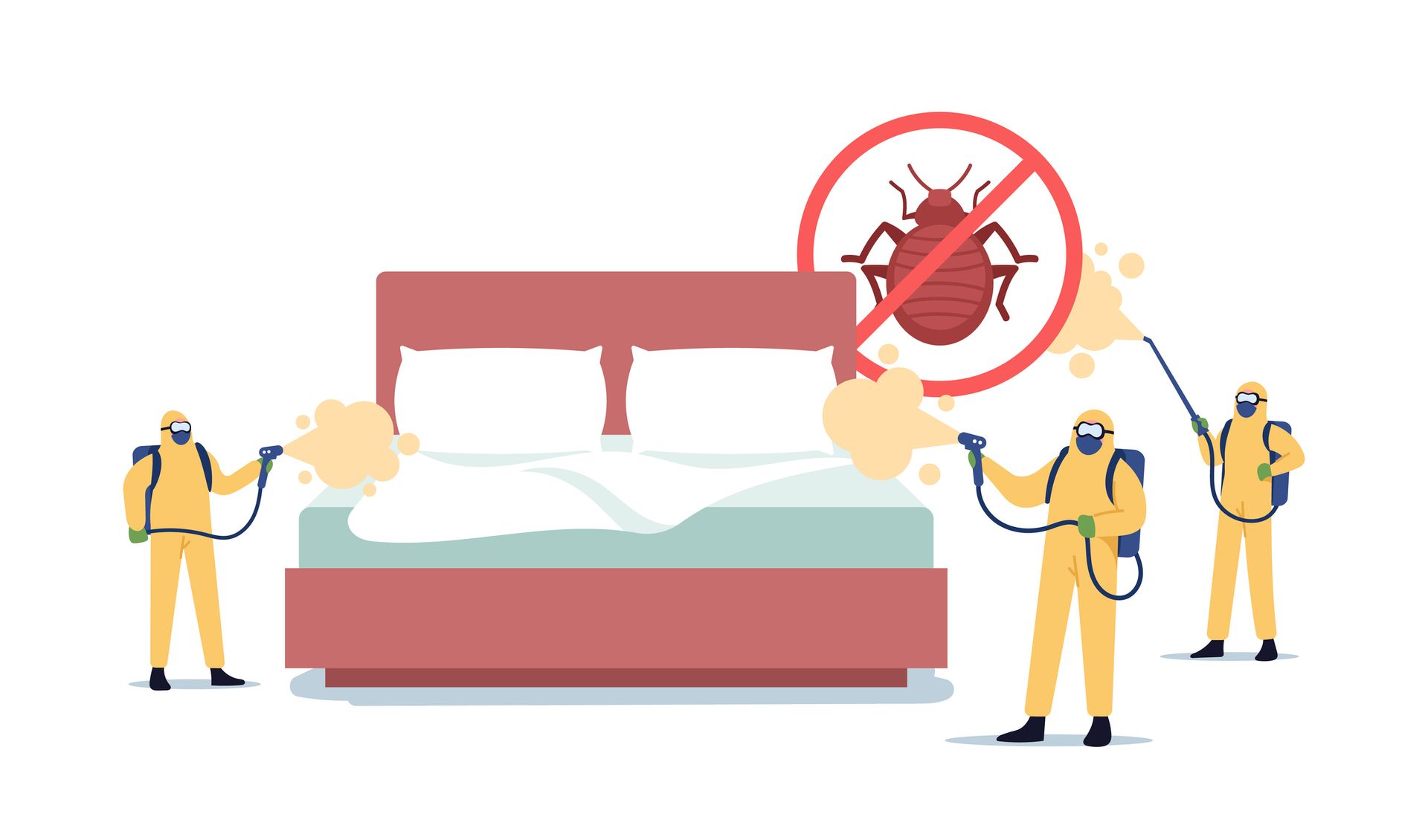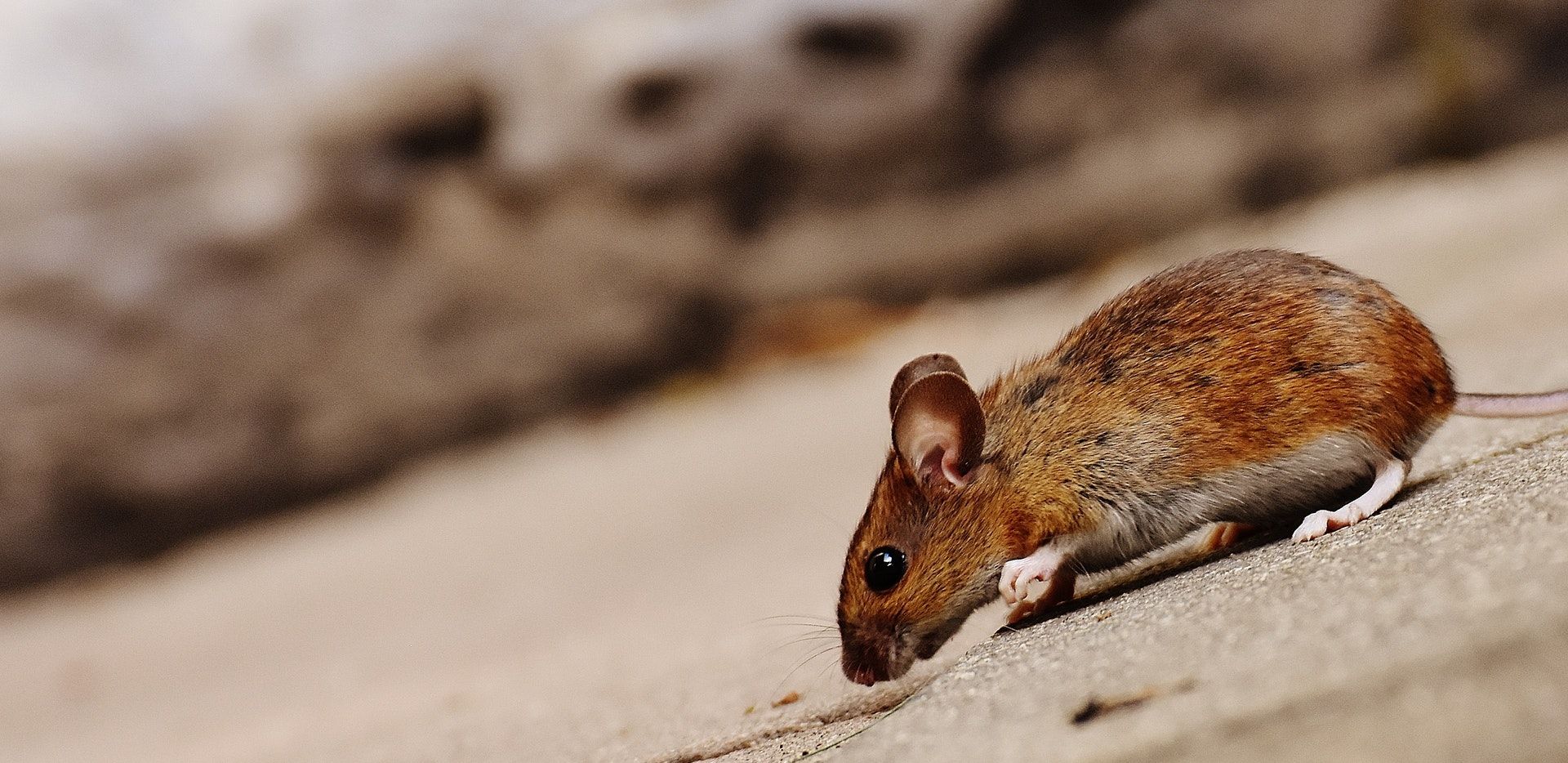Mosquitoes: More Than Just Annoying Pests

Most individuals associate mosquitoes with the irksome itching that follows their bites. However, the implications of a mosquito bite can be far more severe than a simple itch. These winged adversaries aren't just a nuisance—they stand as potential vectors for diseases that can be deadly.
The habitats these pests choose are closer than one might think, often residing within one's own backyard. By understanding mosquitoes better and by seeking professional help, households can ensure safer surroundings.
The Health Menace: Diseases Carried by Mosquitoes
The tiny mosquito has been, historically and in modern times, a significant transmitter of diseases. Malaria, perhaps the most infamous of the lot, has been responsible for countless deaths worldwide. However, the list doesn't end there. Diseases such as Zika, dengue, and chikungunya have also surfaced in recent years, causing global health concerns. Each disease varies in its symptoms, but commonalities like high fever, fatigue, and joint pain often make an appearance.
Some of these can lead to severe complications if not diagnosed and treated promptly. Given the risks, ensuring one's environment is as mosquito-free as possible becomes an essential task.
Mosquito Habitats on Your Property
Far from being mere wanderers, mosquitoes have preferred habitats. They are especially drawn to areas with stagnant water. This doesn't necessarily mean large bodies of water; even a tiny amount of standing water in a forgotten cup can serve as a breeding ground. Old tires, plant saucers, blocked drains, and birdbaths are common culprits.
Regularly inspecting and addressing these potential breeding sites dramatically reduces the chances of an infestation.
Pest Control Companies to the Rescue
Tackling a mosquito problem isn't just about swatting away the adults; it's about breaking their life cycle. Professional pest control companies specialize in this. Their expertise isn't limited to merely eradicating adult mosquitoes. They understand the breeding habits of these pests, ensuring that larvae and pupae are also addressed, cutting off the problem at its root.
Impact on Plants, Pets, and Play Areas
Mosquito treatments, while necessary, often raise questions about their broader environmental impact. There's a potential concern about harm to plants, but advancements in pest control mean that eco-friendly solutions are now more accessible than ever. These treatments ensure minimal to no harm to plants, ensuring a garden remains lush and vibrant.
Simultaneously, the safety of pets and children is paramount. While most treatments are designed to be harmless once settled, it's a prudent measure to keep vulnerable members of the household away during the treatment and for a short duration afterward. This ensures they aren't exposed to wet chemicals that can be ingested or come into contact with their skin.
Monthly Services vs. One-Time Solutions
A single treatment can significantly reduce mosquito presence, but it's rarely a permanent solution. These pests are prolific breeders, and without regular interventions, they can come back in even larger numbers. Monthly services act as a preventive measure, consistently keeping mosquito populations in check and adapting to evolving situations like seasonal changes. Such regularity ensures households remain protected, and any potential breeding is promptly addressed.
While mosquitoes might seem like a small nuisance, their potential to cause health issues is significant. A proactive approach, involving identifying breeding spots, understanding the impact of treatments, and opting for continuous control measures, is the key to a safer, mosquito-free environment. Seeking the expertise of a pest control company can ensure a comprehensive approach to the problem, protecting not just humans, but pets and the natural surroundings as well.
For those seeking a trusted hand in combating these pests, Pass Pest Control is ready to help. They can help ensure households are protected with proven strategies and commitment to customer safety.

